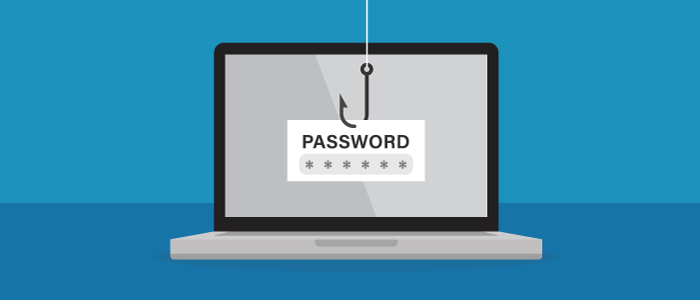
They are the alerts no one wants to receive, those notifications telling you that your account has been compromised. Did you know that a whopping 80 percent of those breached accounts are the result of password hacking?
How Secure Are Your Accounts?
Think of your financial accounts as the castle into which cyber criminals are just lurking about to break into. Sadly, there are many of those criminals. In the past five years alone, the FBI has received an astounding 2.2 million hacking complaints.
The best way to keep criminals out of your financial castle is to create an impenetrable wall around it. A strong password is your first line of defense. So, what makes a password strong?
Opt for Unique and Unpredictable
An industry study of more than 18 million passwords found the most common passwords are anything but unique or unpredictable. Among them: 123456, abc123 and even the word “password.” Eight of the ten most common use solely numbers. Not only are these predicable, but they are short. Studies have shown that shorter passwords (less than ten characters) can be hacked in less than an hour!
You can reduce your vulnerability to hacking by amping up your passwords’ strength and length. Longer passwords, those 12 digits or more, are 62 trillion times stronger than six-character options. Go for a combination of numbers, symbols, and upper- and lower-case letters.
Safeguard Your Passwords
Pay attention to your surroundings, and be aware of other people near you when using a computer to access your accounts. If you notice someone watching you, logout and close your browser.
Remember that wi-fi networks in public places are not always secure. Avoid browsing sites that require password logon while on unsecured wi-fi networks.
And, never share your passwords with others or keep password lists where they can be easily discovered in your office, on your phone, or on your computer. Instead, opt for one of the many password manager platforms for safe storage and easy access.
Double the Protection
Whenever possible, take advantage of two-factor or multi-factor authentication. Two-step authentication is a security layer requiring you to verify your identity in at least two ways. Some sites even require multi-layer authentication, with even more security verification to protect against identity theft.
When logging in to a site with two-step authentication, you will be asked to verify your identify by both knowing something and having something. First, you will need to know your username and password, the traditional single-factor authentication. The second step requires that you verify your identity with a mobile phone, or other device, that can receive a one-time access code.
Typically, once you set up two-factor authentication and use it on a site, you won’t have to do the second step again. However, some sites require you to do so after a set period of time – for instance, if you haven’t logged in for 30 days. Some enable you to set the time period yourself.
While two-factor authentication does add a bit more work to logging in to a site, the extra protection is worth it if it prevents a hacker’s access. UFCU takes fraud protection seriously and offers two-step authentication on all accounts. We encourage Members to take advantage of our two-step authentication feature as one additional way to protect yourself from fraud and identity theft.
Change It Up
Protecting your passwords is an on-going job. Don’t make it easy for criminals to access your accounts. That begins with swapping out passwords often. Yes, it takes work. Three-fourths of people find the process of managing passwords an annoyance. But if it keeps a hacker out of your accounts the work is worth the effort.
And, while 99 percent of us know that repeating the same password on multiple accounts is not wise, according to a recent study, two-thirds of us still do it. Keep in mind that one in four people say they have been hacked because they used a duplicate password.
Avoid the temptation; create different combinations for each of your online accounts to help ensure that even if one account is compromised, the others can remain secure.